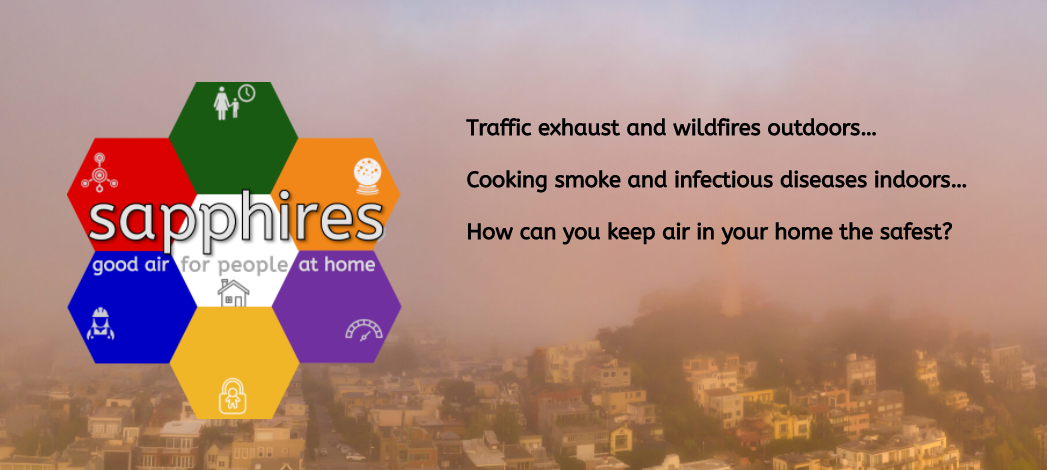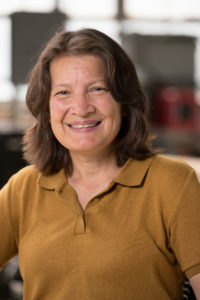
A multidisciplinary research team at Colorado State University will spend the next four years developing new ways to help average households breathe healthier air inside their homes.
The National Science Foundation has awarded $2 million to the team of engineers and social scientists, who will study how contaminants migrate in and through homes; how human behavior and the home environment intersect to influence overall health; and how engineering principles could be used to minimize home air pollution.

The research team is led by Tami Bond, Scott Presidential Chair in Energy, Environment and Health at CSU and a professor in the Department of Mechanical Engineering. Bond has an extensive background in combustion science, atmospheric chemistry, climate and infrastructure, with a recent emphasis on the complex relationships between technology and human choice.
Airborne contaminants at home
According to the project website, human exposure to breathable particulate matter is a major cause of premature death and disability, and those exposures often take place in the home, where people spend close to 90% of their time. “Yet for some reason, the ways in which air carries contaminants into and out of homes aren’t well understood or managed. We aim to do better.”
Among the project objectives will be to develop a model that forecasts how quickly airborne contaminants like wildfire smoke and ozone travel in and through homes, and how both the behavior of occupants and the design of the home influence exposure to these contaminants. The team will then develop and test a home system that can minimize these exposures by anticipating contaminants via machine learning and whole-home management.
“But new devices alone can’t keep you safe at home,” Bond said. “We’ll design solutions for systems where people, devices, homes and environment are connected, imperfect and constantly changing.”
An important part of the project will be to identify how human attributes, from cognitive load to trust in technology, affect the air that’s breathed inside the home, and how to change behaviors when needed.
The team aims to upend the notion that clean, healthy air in the home requires expensive equipment; rather, they believe that everyone, no matter their income level or circumstance, has the right to breathe clean air, and to have control over the air they breathe.
The team
The team includes Erika Miller from the Department of Systems Engineering; Marilee Long from the Department of Journalism and Media Communication; Ellison Carter from the Department of Civil and Environmental Engineering; Christian L’Orange from CSU mechanical engineering; Paige Ambord, a sociologist in mechanical engineering; and Lori Shupe, manager of a contractor training program at University of Illinois Urbana-Champaign.
The funding comes from NSF’s LEAP HI program, which “challenges the engineering research community to take a leadership role in addressing demanding, urgent and consequential challenges for advancing America’s prosperity, health and infrastructure.” The project is titled Systemic, Anthro-centric Packages for Protecting Households in Realistic Exposure Situations (SAPPHIRES).